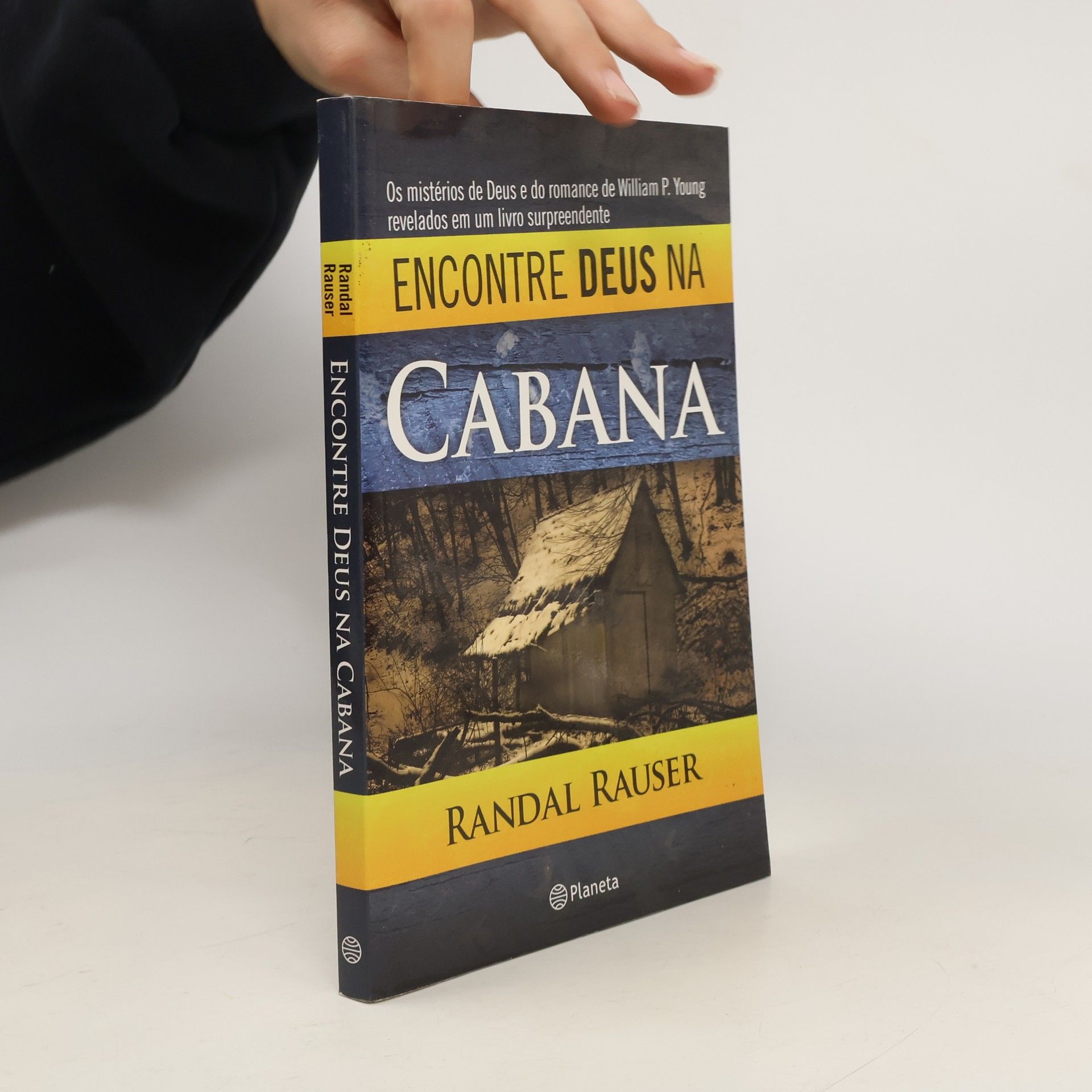Deep down, every Christian has an ‘inner atheist’, a still small voice of doubt and questioning. For many, that voice is viewed as a threat, one to be silenced if at all possible. But what if the inner atheist has something important to say? What if it could provide the way not to a weakened faith but to a deepened one? In Conversations with My Inner Atheist, theologian and apologist Randal Rauser allows his own inner atheist to speak, and no question is off limits. Topics the Gospel is simple, why doesn’t the Bible simply present it?If the Bible includes immoral laws, how can it be inspired?If Christianity is true, shouldn’t Christians show more evidence of sanctification?What about non-Christian religious experiences?Why does God allow the most horrific evils?“I would rather have questions that can’t be answered than answers that can’t be questioned.” - Richard Feynman-
Randal Rauser Bücher
1. Januar 1973
Randal Rauser ist ein systematischer und analytischer Theologe evangelikaler Ausrichtung, angetrieben von apologetischen Anliegen und dem unermüdlichen Streben nach Wahrheit. Er erkennt an, dass diese Suche das Eingeständnis eigener Fehler erfordert, da Wahrheit komplex ist und keine Garantie für ständige Entdeckung bietet. Dennoch bleibt Rauser hoffnungsvoll und glaubt, dass Jesus Christus in einem tiefen Sinne die Wahrheit verkörpert. Für Rauser bedeutet das Nachahmen Christi, die Wahrheit zu kennen, zu lieben und zu leben, was seine Befürwortung einer Lebenskultur prägt, die antimilitaristisch, pro-Familie, pro-Umwelt, abtreibungsfeindlich, antiverbraucheristisch und tierfreundlich ist.


Encontre Deus na cabana
- 174 Seiten
- 7 Lesestunden